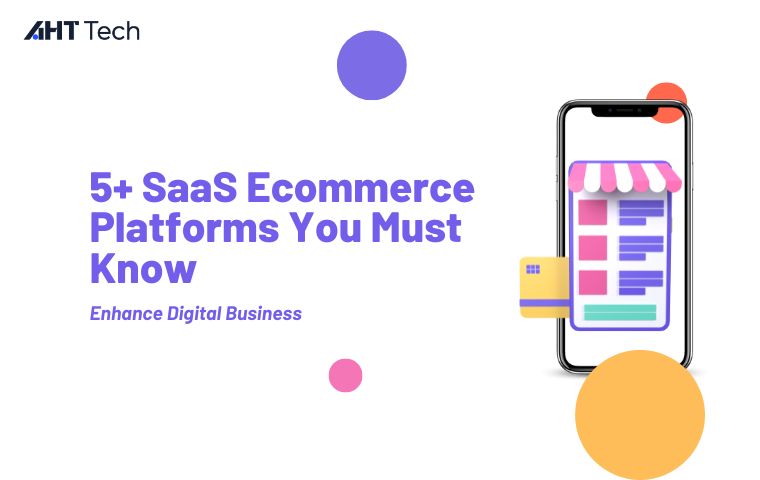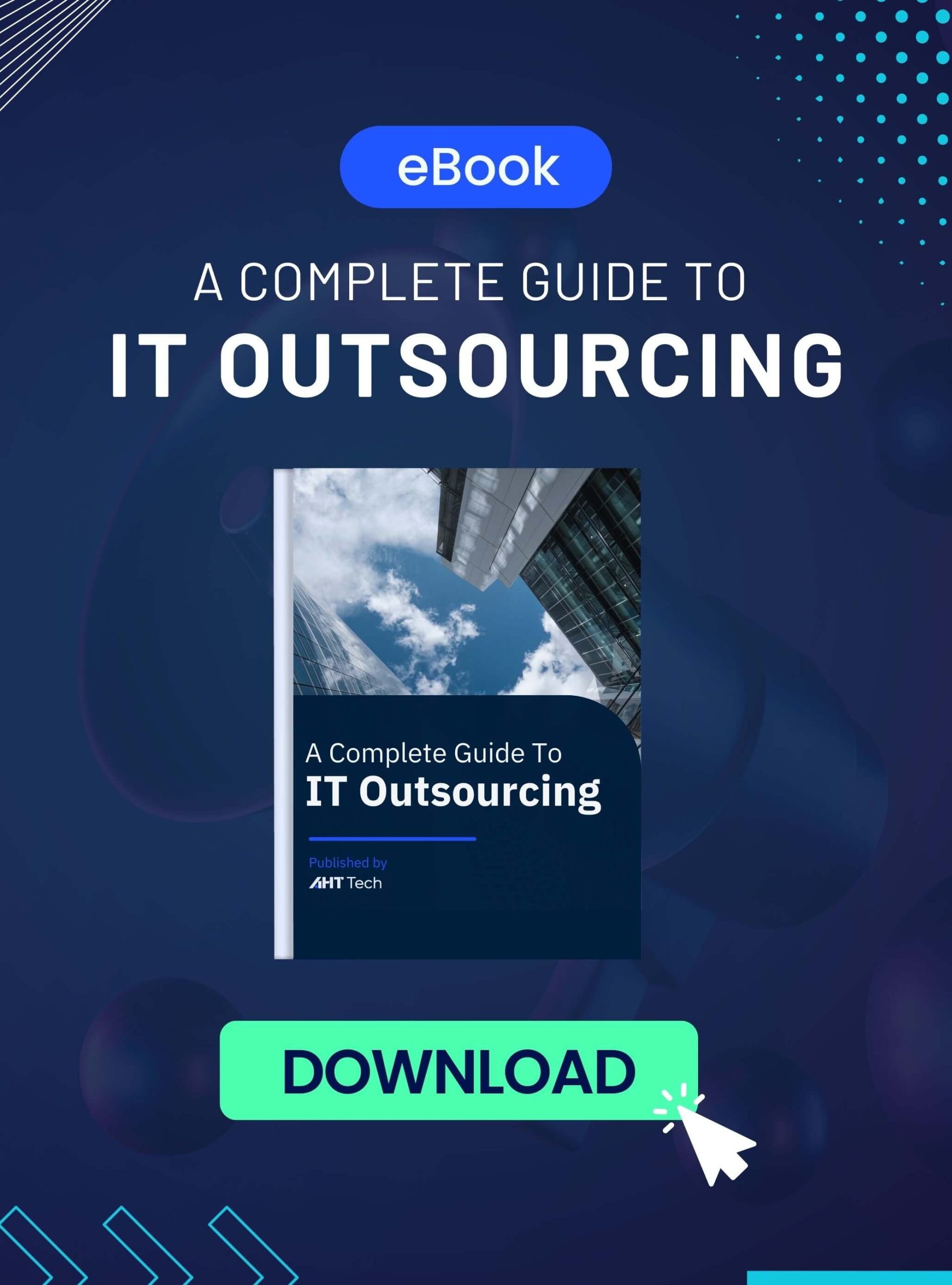TABLE OF CONTENT
Overview about SaaS Ecommerce Platforms
Special Tips to Choose A Right SaaS Ecommerce Platform
5+ SaaS Ecommerce Platforms: Must Know to Enhance Your Business
Conclusion
Overview about SaaS Ecommerce Platforms
What are SaaS Ecommerce Platforms?
SaaS (Software as a Service) ecommerce platforms are cloud-based ecommerce solutions that allow businesses to create and proactively manage online stores for their companies. The special thing is that SaaS ecommerce platforms do not require you to possess too much knowledge about website design, alignment and management techniques.
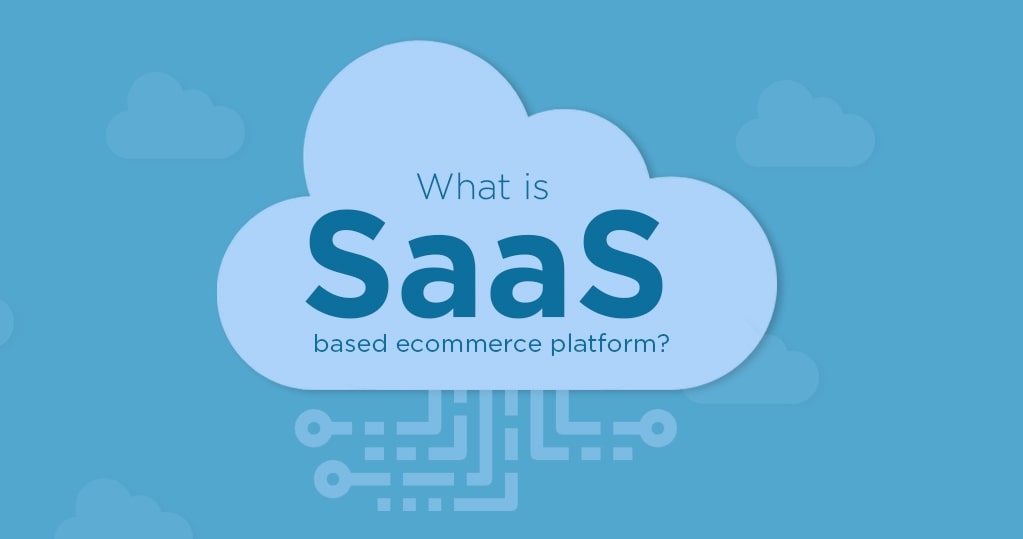
Different from traditional ecommerce platforms, where you need to buy and maintain software licenses and servers, as well as need to own a team with knowledge and operating experience of at least 1-2 years for effective website management, when using SaaS ecommerce platforms, you only need to pay a monthly or annual fee and easily access all services and diverse features of the platform. From there, your business can save operating costs and easily expand to deploy and develop its online presence.
Key Features
Some common key features that SaaS ecommerce platforms can provide for your business on digital platforms:
- Friendly user interface: SaaS ecommerce platforms often provide intuitive, easy-to-use interfaces with drag and drop functionality. Thanks to that, your business can be easily set up and customized to your liking, or according to market trends without having to possess advanced coding skills.
- Customization options: Reputable SaaS ecommerce platforms often have a diverse library of templates, however, that doesn’t mean you can’t customize your website’s appearance based on your brand identity. You will have the opportunity to easily build your brand, color scheme, and customize the layout with website categories to reflect your business’s unique identity.
- Compatible with mobile devices: Using mobile devices to perform shopping behaviors is becoming increasingly popular. SaaS ecommerce platforms are, without a doubt, optimized for mobile compatibility, creating a seamless shopping experience across a variety of screen sizes.
- Payment gateway integration: Various payment methods can be integrated on these cloud-based ecommerce platforms, such as credit/debit cards, digital wallets or other options. This brings convenience as well as the ability to meet a variety of customer requests.
- Integration with marketing tools: Working in parallel on your website and social media platforms is a must if you want your business to have large coverage with a diverse customer group. Basic marketing tools such as email marketing, social media like Facebook, Instagram, etc, or advertising features, SEO optimization are all integrated with SaaS ecommerce platforms, helping to attract customers and navigate them to many different content routes on each channel, thereby increasing traffic and conversions.
- Security capabilities: Security measures such as SSL encryption, PCI compliance, automatic fraud detection, and proactive protection of customers’ confidential data all need to be ensured. Luckily, SaaS ecommerce platforms can do this well.
- Inventory management tools: Choosing to use SaaS ecommerce platforms, you will not need to perform manual procedures and take too much time to check or manage inventory. Automated tools on these platforms help you easily track inventory anywhere, anytime, automate the ordering process, optimally control the quantity of goods and prevent out of stock or too much inventory.
SaaS vs Open-source Ecommerce Platforms
Deciding between choosing SaaS ecommerce platforms or open-source ones is something that makes many ecommerce business owners confused, and you may be one of them.
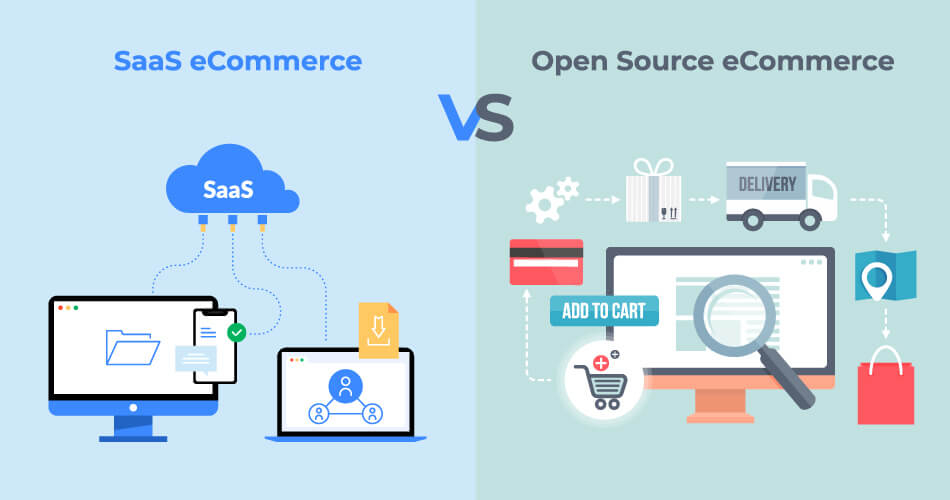
The choice is of course not easy, it is important that you really understand what your business needs, its scale of operations, staff size and long-term development orientation. However, we list a few differences below that will help you shorten that selection process:
| Features | SaaS ecommerce platforms | Open-source platforms |
| Storage capacity | Stored directly on the provider’s server | Self-hosted in optional sources |
| Cost structure | Depends on subscription plan | Often free (with hosting and development costs) |
| Customizability | More limited customization options compared to open-source platforms | Easy customization with access to source code |
| Support and update capabilities | Include relevant features in your subscription | Pay extra for community support and updates |
| Potential for expansion | Easily expandable with many flexible cost packages | Depends on server capacity and technical capabilities of the business team |
| Security | Backed by the provider with strong, standard security measures | Security depends on the maintenance source setup and self-hosting process |
| Maintenance and setup | Easy setup, automatic updates | Requires technical expertise to set up and update manually |
Special Tips to Choose A Right SaaS Ecommerce Platform
Before learning about popular SaaS ecommerce platforms, you should read a detailed guide on what you need to pay special attention to in order to make the most suitable choice for your business. Some typical tips include:
Carefully consider the pricing plans and scalability of the platform
The issue of price naturally must become a priority, especially when your business is growing and expanding on ecommerce platforms. Choose SaaS ecommerce platforms that allow you to try out the basic package, then easily upgrade to higher-level packages, while accelerating on the digital platform.
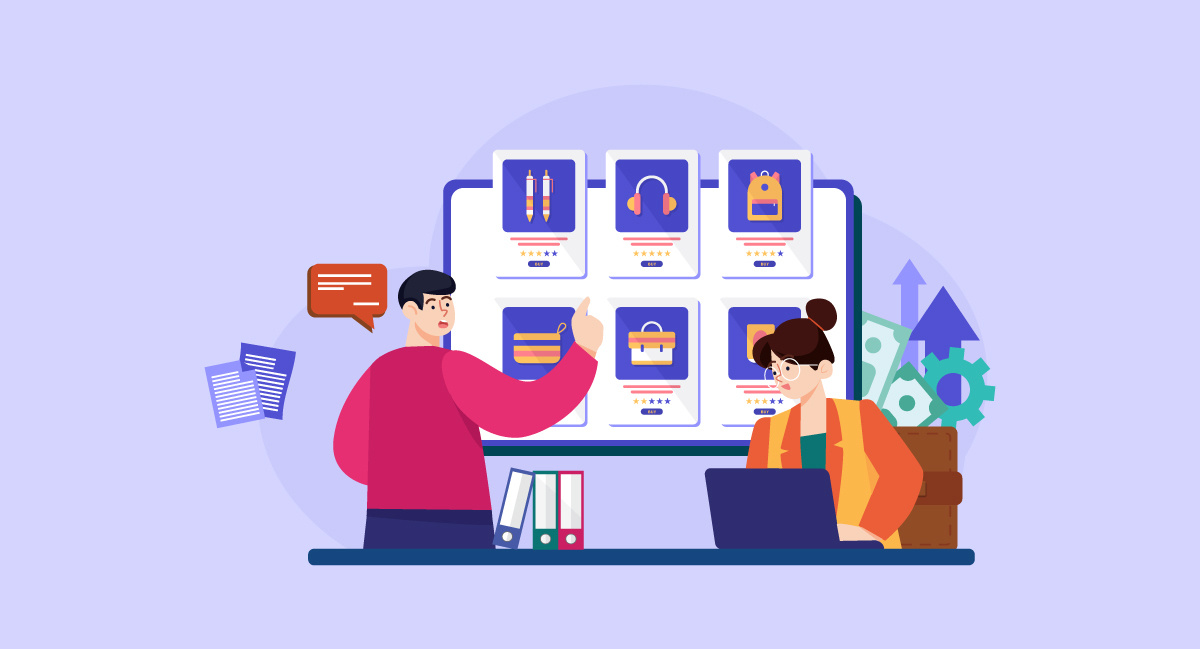
You must be sure of a transparent pricing structure, long-term contracts, no hidden costs, and ensure all the features are included in the pricing package. Thanks to that, the expansion of the ecommerce business structure will no longer be a concern, and you will not need to spend a huge amount of money to invest in new features or resources.
Clearly evaluate the integrated ecosystem
Each SaaS ecommerce platform will have compatibility with different third-party applications and services. What you should do to ensure the stability and long-term development of your business in a fierce market like ecommerce is to look for a platform that provides many integrated tools such as accounting software, inventory management system, email marketing or payment gateway. Together, these features will contribute to becoming a comprehensive ecosystem, helping businesses seamlessly streamline workflows, automate tasks and improve operational efficiency.
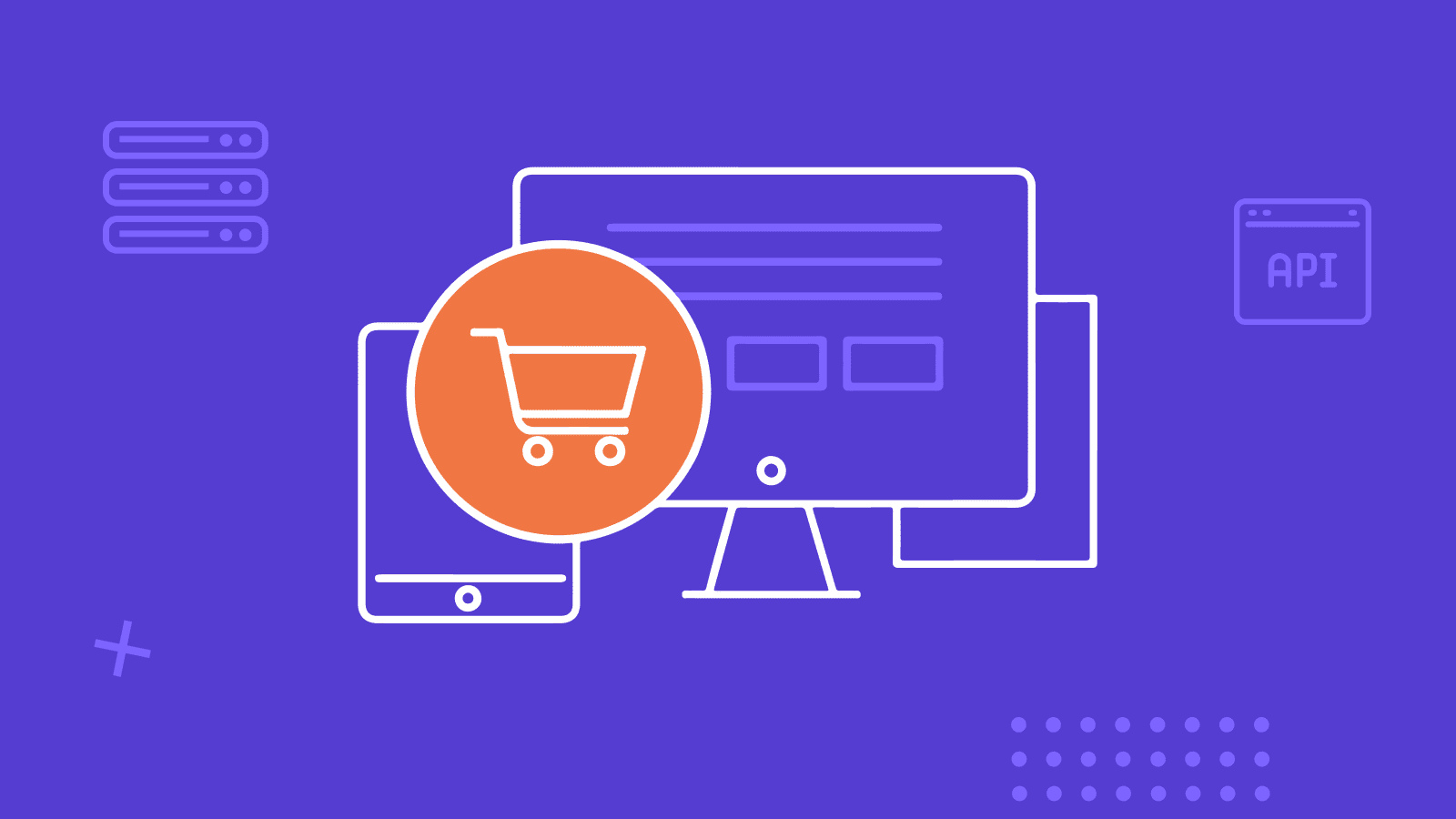
Fully integrating features from the beginning also serves as a foundation for ecommerce businesses to expand online without disrupting existing processes or work.
Evaluate operational performance and fix technical errors
Several important factors of ecommerce website optimization play a role in determining the page load performance and operation of an ecommerce website such as page load time, uptime statistics or the quality of server infrastructure needed to be defined as clearly as possible to the provider. You should look for SaaS ecommerce platforms that use a CDN (content delivery network), caching mechanisms, and a scalable server architecture to optimize speed and responsiveness of the website.
In addition, ask carefully about data backup and error recovery measures to protect business data to the maximum extent, as well as business continuity in case of unwanted technical errors. This will help prevent all risks for ecommerce businesses, minimize bounce rates and maximize conversions.
Of course, the support team is also highly responsible for this part, so you can carefully read information about this service, as well as refer to other reviews of the platform to get the most objective view.
Evaluate and review brand identity options
Clearly defining the uniqueness of your brand on the digital platform helps your business create a certain impression with consumers among countless other brands on the market. This also helps synchronize images, colors and brand identity, easily creating unique points in marketing and advertising campaigns.
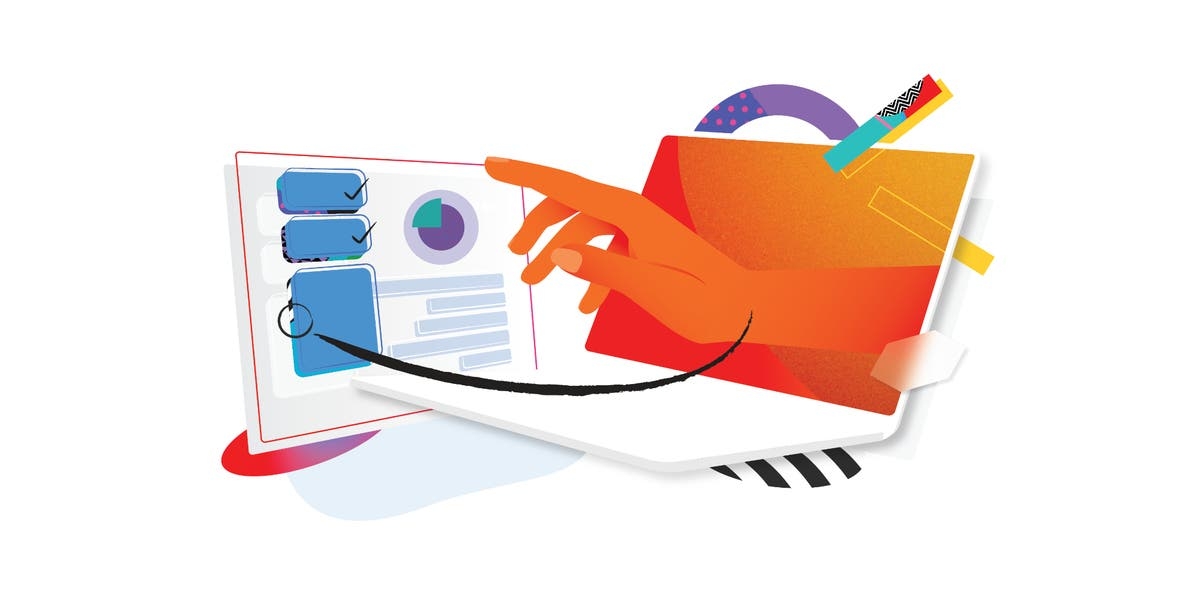
So, look for highly customizable SaaS ecommerce platforms, such as themes, templates, or design elements, that allow you to proactively and accurately reflect your brand identity from competitors. Also, consider other but equally important customization items such as domain names, email marketing, personalized checkout pages, etc.
From presenting something special and different, take advantage of these customizations to enhance your aesthetic and specific brand message. If it is too difficult because you are not an excellent person in this field, you can contact consulting companies so they can accompany you on this journey of asserting your personal mark.
Prioritize security factors
You need to choose SaaS ecommerce platforms that prioritize security and compliance to maximize the protection of your business’s confidential information. Some of the standards that you need to require your platform to comply with include SSL encryption, PCI compliance, GDPR compliance, ensuring transfer speeds, and the ability to securely store payment data and personal information.
In addition, you should carefully ask about security features such as DDoS protection, firewalls, virus scanning capabilities, etc. to minimize threats on the internet and quickly prevent unauthorized access to your ecommerce websites.
5+ SaaS Ecommerce Platforms: Must Know to Enhance Your Business
Shopify

Shopify is one of the leading SaaS ecommerce platforms, trusted by millions of businesses around the world when entering the world of ecommerce. It is used to create, manage and develop online stores in all aspects, with many features automatically integrated and necessary support, helping your business assert a solid position in the commercial landscape that is very competitive. Shopify is best for all businesses around the world, regardless of field or industry.
Key features
- User-friendly interface
- Up to 1000 templates with a variety of professionally designed themes
- Shopify App Store with more than 8,000 diverse apps, from marketing purposes, inventory management to customer support
- Omnichannel selling across both social media platforms and online marketplaces
- 24/7 customer support via hotline chat, email and phone
Pricing
From $25 to $2300 per month.
Pros
- Seamless scalability with advanced service plans
- Simplify the payment process
- Good compatibility on mobile devices
- Prioritize security, providing SSL encryption, PCI compliance
- Large user and developer community, providing many tutorials and resources
Cons
- Transaction fees may apply if Shopify Payments is not used
- Some individual services may require additional costs
- Must comply with all Shopify provider’s terms of service
Adobe Commerce
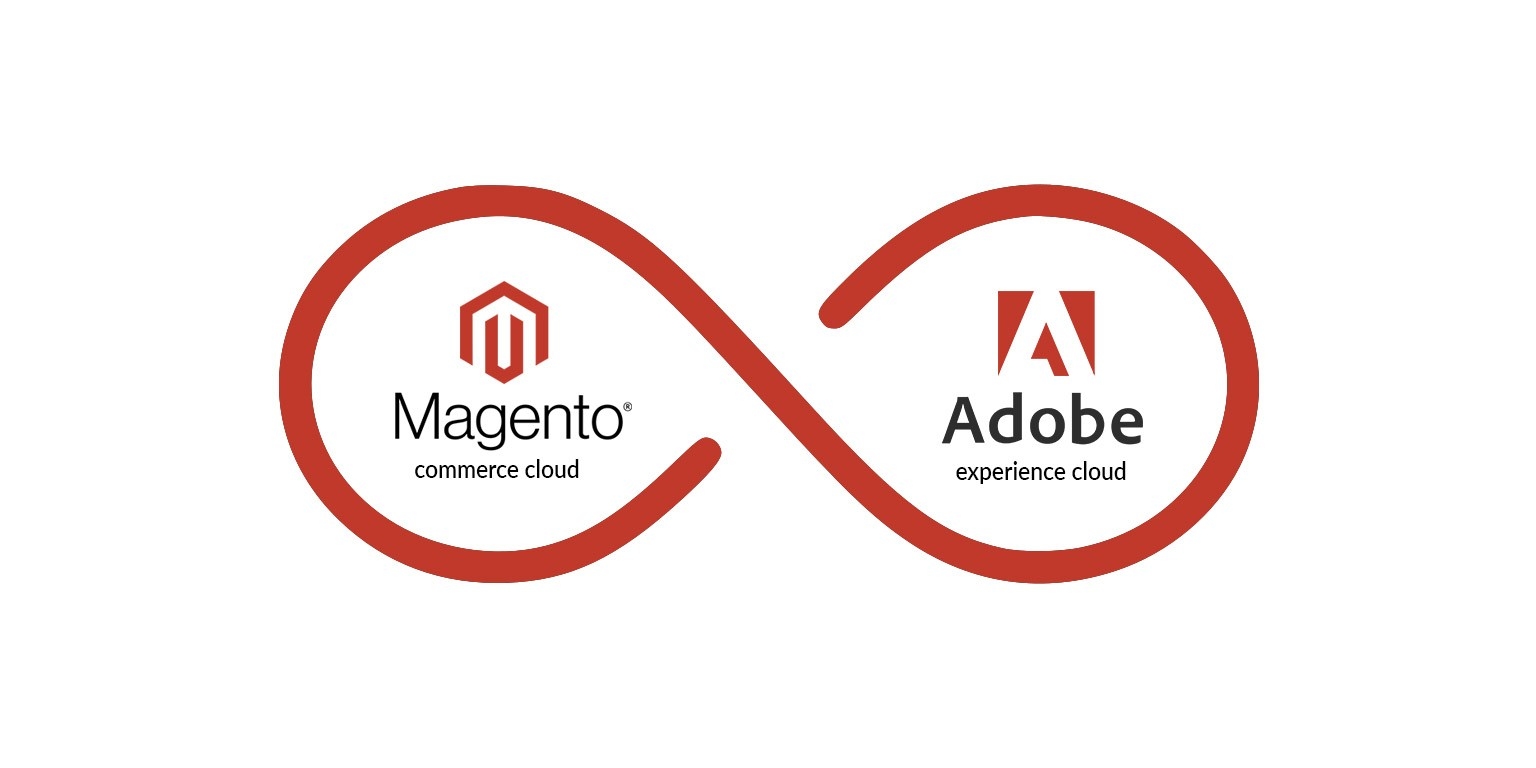
Adobe Commerce, formerly known as Magento, is one of the SaaS ecommerce platforms suitable for medium to large businesses looking for customization and flexibility. With a carefully measured architectural ecosystem and comprehensive feature set, Adobe Commerce helps businesses create end-to-end shopping experiences and accelerate growth.
Key features
- Extensive and exceptional customization capabilities combine the flexibility of open-source technology
- Advanced tuning features thanks to a powerful set of tools and APIs
- Scalability with large product portfolio
- Optimize integrated marketing tools from SEO through email marketing
Pricing
Customized pricing.
Pros
- Flexible and maximized customization
- Scale easily with cloud-based infrastructure
- Rich and comprehensive feature set, including order processing, customer relationship management, inventory management
- Integrate with third parties
- Prioritize strong security features
Cons
- Complex for beginners
- High requirements for technical expertise
- Costs may be higher depending on development, maintenance and customization
- Not easy to upgrade, requires planning and ensuring compatibility with existing utilities
BigCommerce
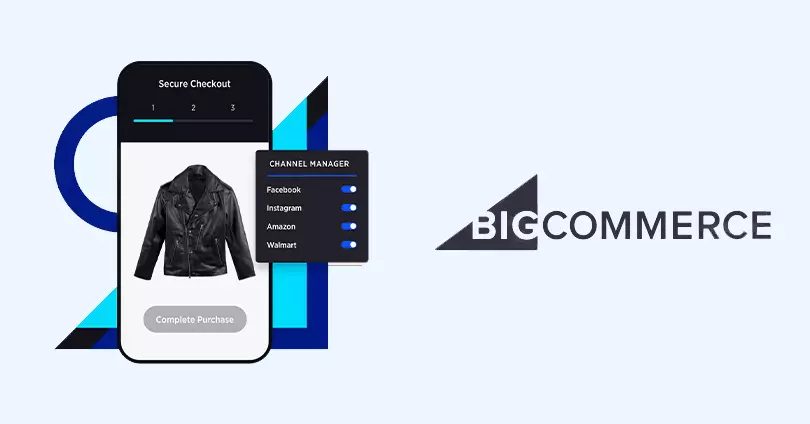
BigCommerce serves as one of the SaaS ecommerce platforms trusted by businesses of all sizes to manage their online stores. BigCommerce empowers sellers with a user-friendly interface, feature collection, and good scalability, geared towards building professional and conversion-winning ecommerce websites.
Key features
- Integrate multi-channel sales effectively
- Take advantage of effective SEO optimization tools
- Diverse topics to meet the field of operation of each business
- Flexible product options
- Advanced analytics tools
Pricing
From $39 to $399 per month.
Pros
- Integrate multi-channel sales capabilities
- Responsive mobile design
- Product customization options
- Comprehensive analysis and reporting capabilities
- SEO-friendly features
Cons
- Transaction fees for plans are lower
- Flexibility is more limited than with custom built websites
Wix

Wix is a popular Saas ecommerce platform known for its ease of use and drag-and-drop website builder. With Wix, business owners like you can quickly create beautiful online stores without any coding knowledge, and fully integrate ecommerce solutions that are simple yet powerful enough to work on digital platforms.
Key features
- Drag and drop website builder
- Optimized for mobile devices
- Rich applications for extensions
- Integrated payment processing
- Advanced SEO tools
Pricing
From $17 to $35 per month (for Business and ecommerce plans)
Pros
- Easy to use, friendly
- Seamless shopping experience thanks to optimization across all devices
- Expand functionality by integrating many applications and utilities
- Convenience in transactions
- Good visibility on search engines
Cons
- Less scalability for large enterprises
- Some advanced features require the participation of a third party
- Limits on multiple platforms
- Extensibility present
Volusion

Volusion impresses with its design capabilities, helping businesses create and manage online stores effectively. It offers a user-friendly interface, and solid enough features to be a reliable platform for business owners looking for the right ecommerce solutions.
Key features
- Responsive intuitive design across a variety of devices
- Abandoned cart recovery
- Real-time inventory management
- Get integrated marketing tools
- Flexibility in payment options
Pricing
From $35 to $299 per month.
Pros
- Intuitive interface, easy to use
- Dedicated customer support across multiple platforms
- Ability to expand online presence
- Dedicated customer support
- Powerful optimized analytics engine
Cons
- Limited integration with third parties
- Limited international support
WooCommerce
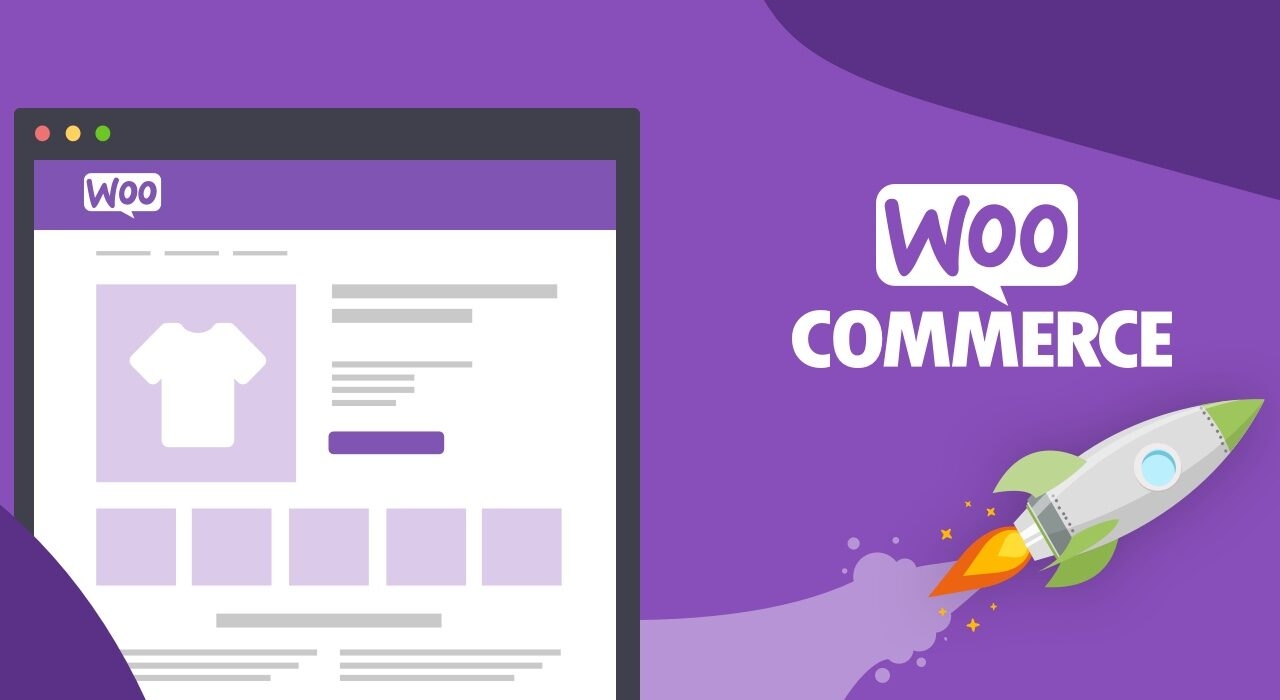
WooCommerce is one of the SaaS ecommerce platforms designed as a plugin for WordPress websites, making it an ideal choice for businesses looking for a scalable ecommerce customization solution. With its many features and flexibility, WooCommerce allows business owners to customize their website based on their specific needs and unique preferences.
Key features
- Seamless integration with WordPress
- Customize design based on business personality
- Expanded plugin ecosystem
- Flexibility in product management, from inventory, quantity to product categories
- Integrated marketing such as email marketing and SEO, effectively interacts and retains customers
Pricing
Free to download but additional pricing plan for other services.
Pros
- Diverse themes and extensions
- Seamless integration with WordPress content management system
- Large support community
- Cost-effective, no monthly subscription costs
Cons
- High requirements for technical expertise
- Depends on WordPress
- There may be compatibility issues with the plugin
- Requires ongoing maintenance such as software and plugin updates
Conclusion
This article has partly decoded the questions and basic information about SaaS ecommerce platforms. As ecommerce develops continuously, choosing these effective and smart platforms will help optimize operational efficiency, costs and operating resources. Most especially, the new entry or development phase will no longer be too much of a burden for your ecommerce business, with the help of these platforms.
And don’t worry if you’re still confused about determining and choosing the right SaaS ecommerce platform for your own ecommerce business. We admit that this is very difficult, because not everyone is knowledgeable enough about technology and operations related to ecommerce platforms. That is also the reason we are here, with you, to advise and put core solutions on ecommerce development in general and effective use of SaaS ecommerce platforms in particular into practice. As a trusted partner of 25+ global ecommerce platforms such as Shopify, BigCommerce, Magento, etc, with 1000+ projects that have been successfully implemented for customers, we believe we will be able to help you bring your ecommerce business into glory.
Don’t hesitate to contact us immediately for more detailed information!
View more about our ecommerce development service in this video below:


